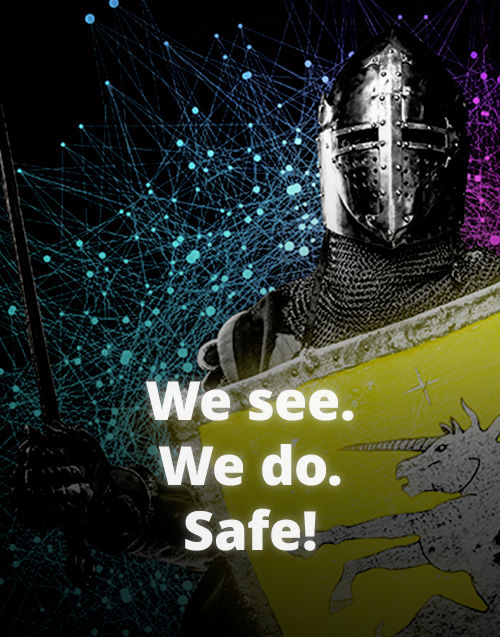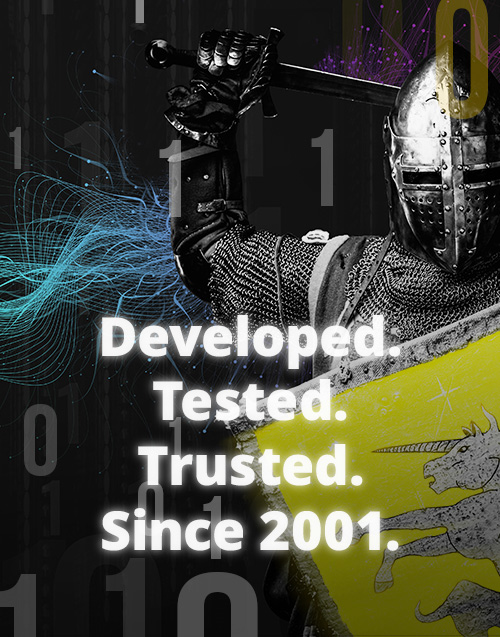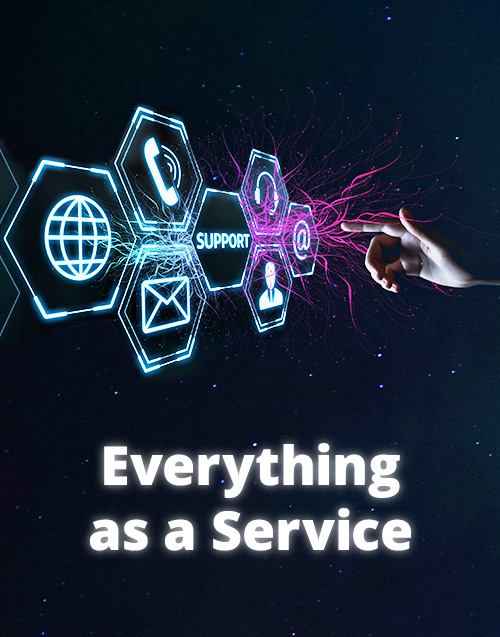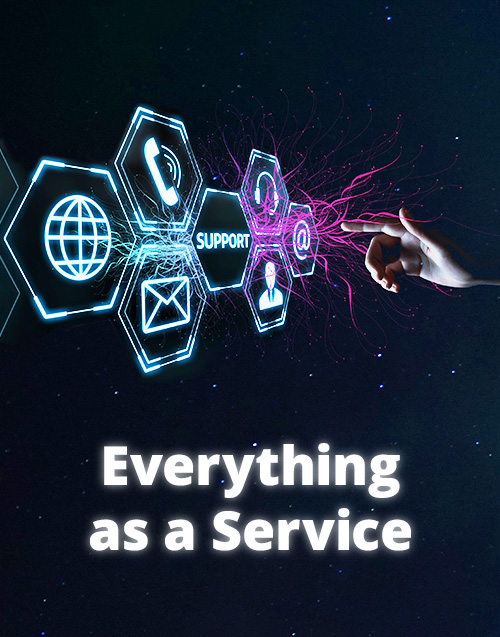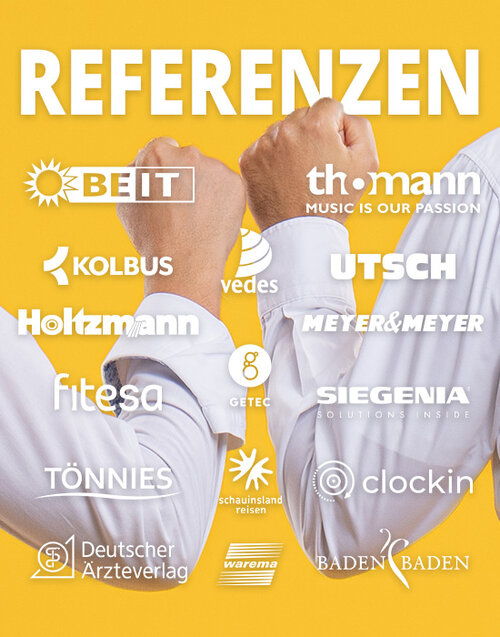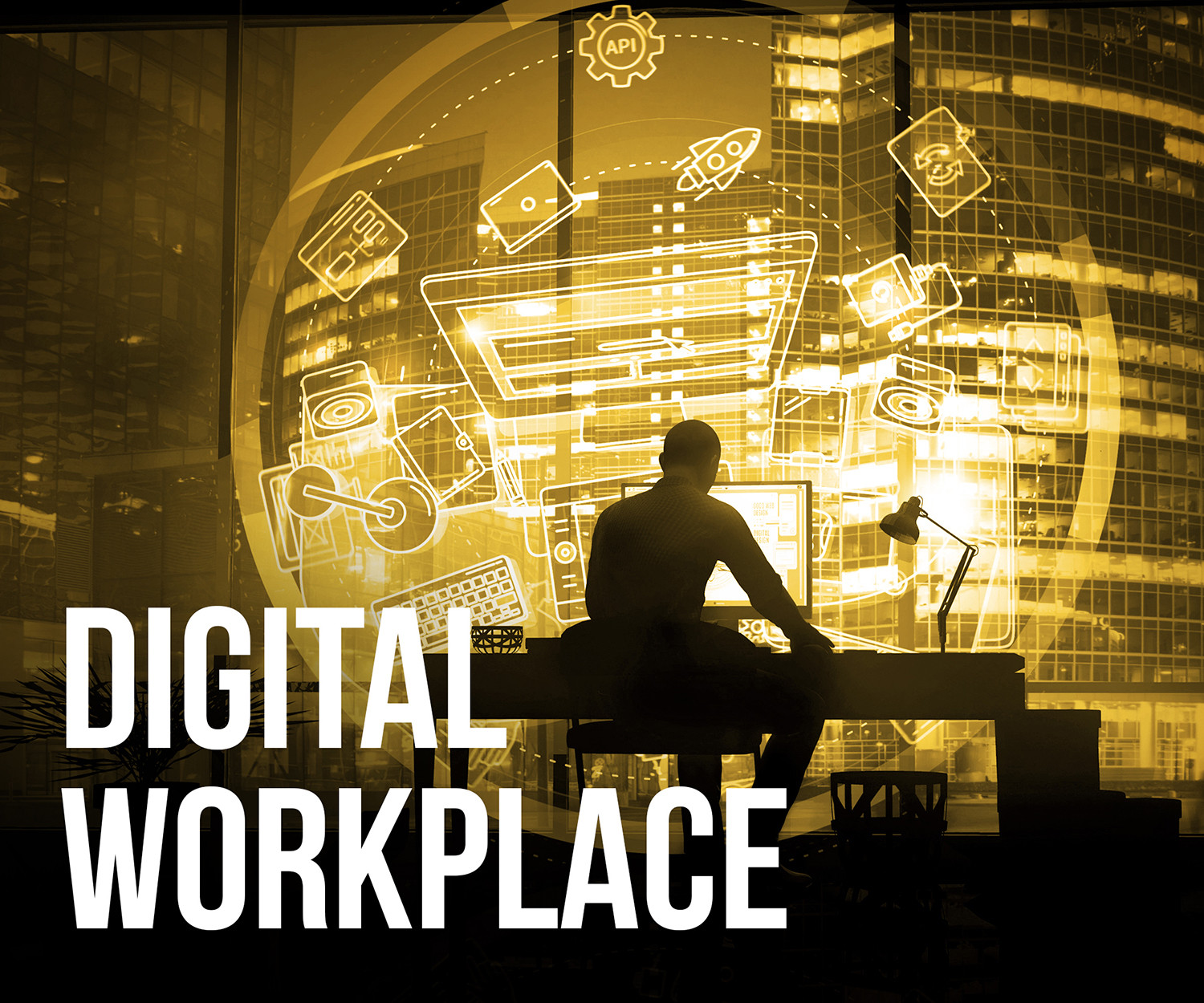Evolution of the workplace: ‘New Work’ in action
The digital workplace represents a new era in the way we work. With the advent of new technologies and working methods, traditional office environments are increasingly being replaced by flexible, virtual spaces. Colleagues can work together and access resources in real time without being tied to locations or devices. The focus here is on ‘new work’, an approach based on self-determination, independence and collaboration. Homeoffice and remote working are therefore no longer exceptions. They are increasingly becoming the standard. One example: communication tools such as Microsoft Teams or Slack, which enable departments to work together across geographical boundaries.
Challenges: IT security & data protection
With the shift to the cloud and greater dependence on digital platforms, new challenges also arise. The security of sensitive data and compliance with data protection and data security guidelines are essential. Cyber security is becoming a key concern as companies need to be protected against increasingly sophisticated attacks. For example, inadequately secured access to the corporate network could lead to data leaks. To minimise such risks, it is essential to implement MFA, secure password policies and basic security software for the various areas, among other things.
Recommendations for successful implementation
Successful implementation of the digital workplace requires a holistic strategy. Companies should rely on a managed workplace. In other words, managed service providers efficiently manage the necessary IT infrastructure, provide employees with the necessary resources and guarantee IT security and support. At the same time, it is important to invest in training and sensitisation measures to raise awareness of IT security and data protection. The implementation of robust guidelines, as well as regular dialogue and clear communication channels, also help to facilitate collaboration and increase productivity.
Conclusion
The digital workplace is not a vision of the future, but has long been a reality. Organisations that successfully master this transformation will not only benefit from the advantages of a more flexible working environment, but will also be better equipped to meet the challenges of the digital era. By taking a holistic approach that considers both the technological and human aspects, organisations can successfully shape the digital transformation and position themselves for a future-oriented way of working.
Our recommendation:
Digital change? Modern IT technologies? Cloud? IT security? Holistic approach? Sounds like DTS! We are an absolute enabler in these areas. And the best thing is: we make it all possible for you as a customised managed service, which also saves you costs and personnel expenses - it's time for change!




